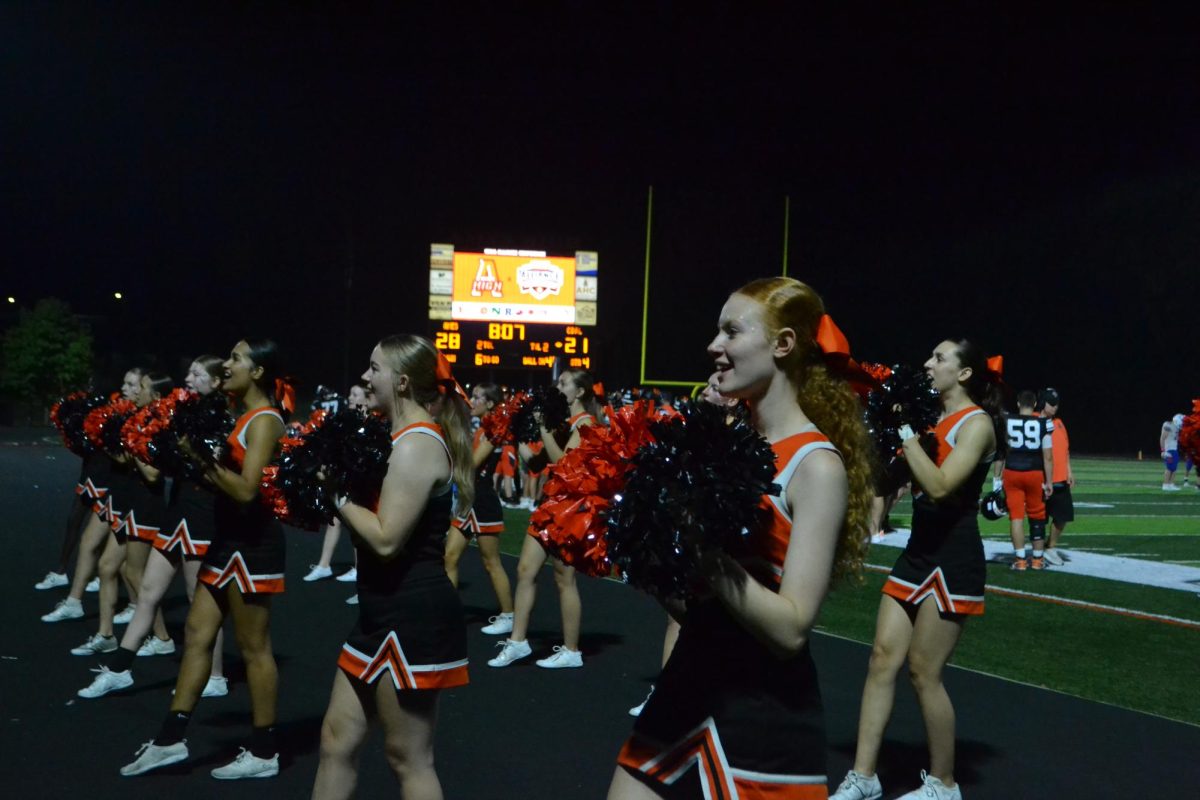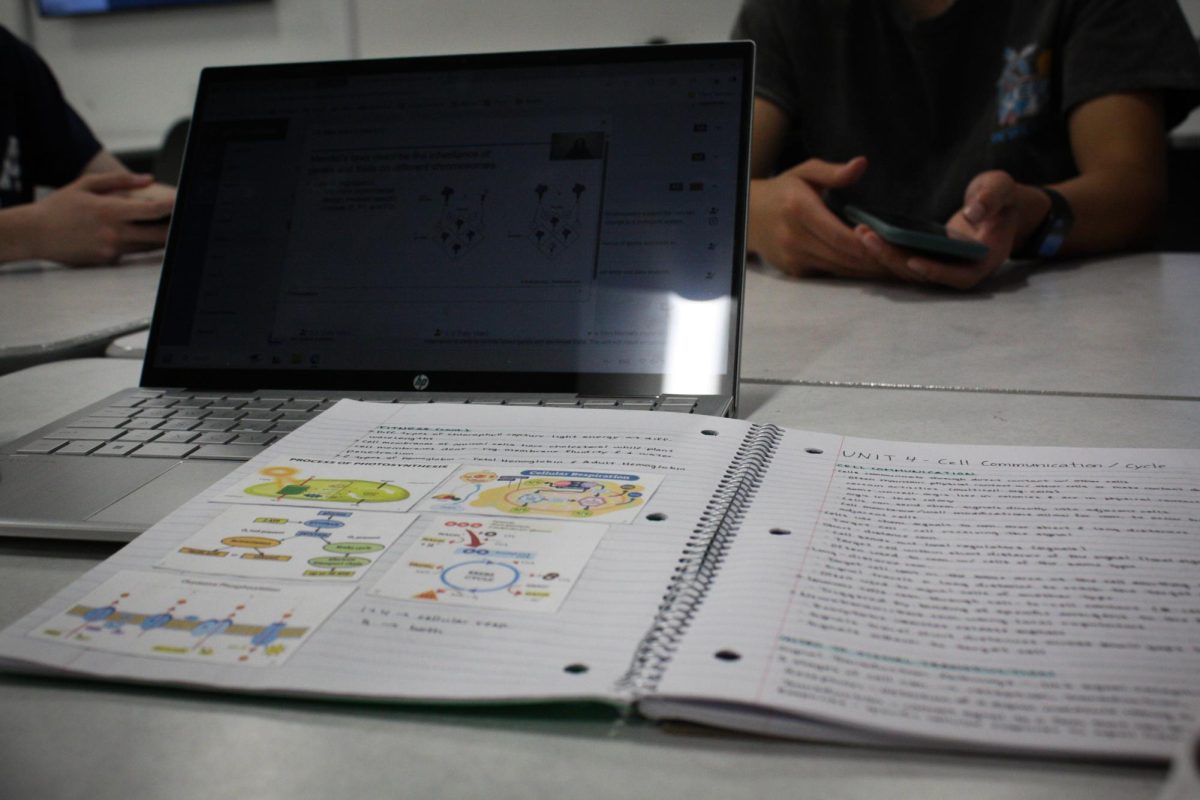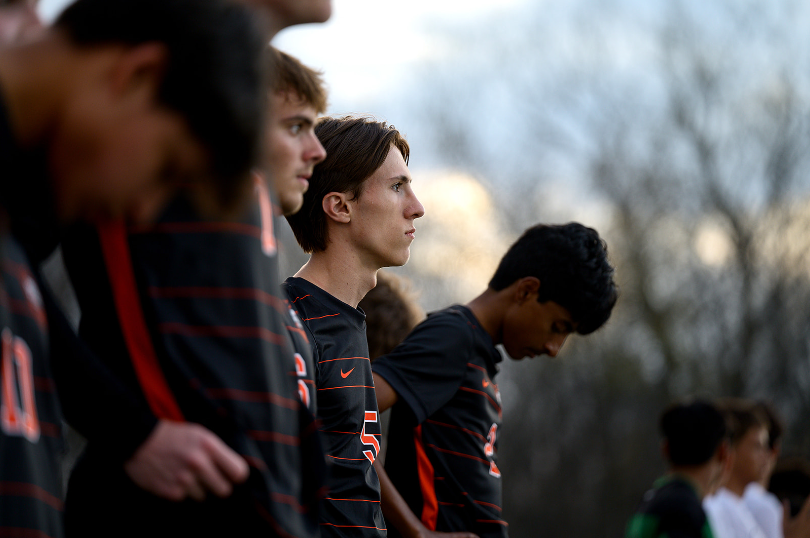Last year, senior Ritika Tappeta walked into her AP Biology class excited for the year ahead. Instead, she was severely disappointed. By the end of the year the class had gotten through three of the eight units specified by College Board, and Tappeta had taught herself the majority of the AP Biology content in order to do well on the national exam in May.
Tappeta is not alone.
In an Ames High Web survey of nearly twenty Ames High School students taking an Advanced Placement (AP) science class, nearly 75% of students ranked their experience with the science AP classes at Ames High a five or below on a scale of one to ten. Nearly 50% of surveyed students ranked their experience with the science Advanced Placement classes at Ames High a three or below.
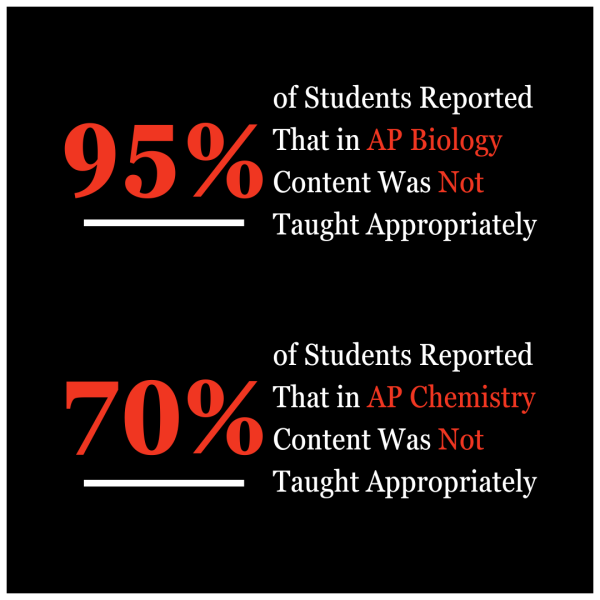
When asked about AP Biology, 95% of students reported that content was not taught appropriately. For AP Chemistry, nearly 70% of students reported that content was not taught appropriately. No student reported that AP Physics content was not taught appropriately.
The problem with AP Chemistry.
In the past, students in AP Chemistry have said they were frustrated with the lack of material taught, but were appreciative of the flexibility and resources offered by the class.
“The teacher was not the most engaging, but they provided amazing resources and allowed us to study whatever we wanted in their course. Furthermore, they had tests for each unit that were similar to the questions of the AP exam, allowing us to have a schedule and actually be prepared for the AP Exam,” said a student who took AP Chemistry last year.
This year, following a change in staffing, students say they have primarily struggled with the way AP Chemistry content is taught.
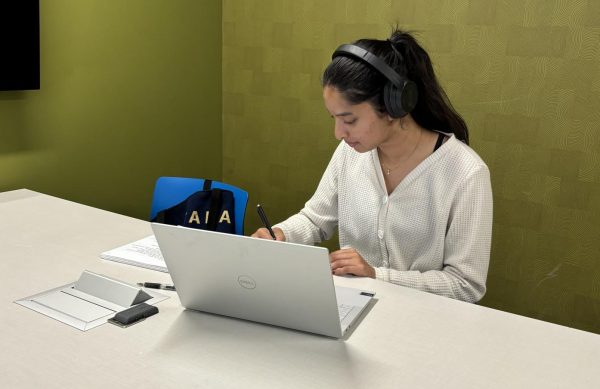
“Classes were mainly study guides the teacher directly read off with a few practice problems per topic,” said Elisabeth Mathews, a junior who took AP Chemistry this year. “The teacher was at times very reluctant to answer questions and one time lectured our class about asking questions a few days after we learned the topic. A lot of topics felt skimmed over, spending only ten minutes on some.”
Some students have struggled to maintain their grades and do well on tests. 42% of students surveyed reported that their grade in AP Chemistry had suffered because they had not been taught content appropriately.
“Grades were pretty inflated but a lot of the class would score 30% or 40% on multiple choice. I felt that what the teacher read off from the study guides often didn’t intuitively translate to the practice problems. The teacher also didn’t do a great job explaining the connection between the two which made applying it later on tests more challenging,” said Mathews.
Some have dropped the class altogether.
“The class structure was all over the place. I understand it’s the teacher’s first year teaching [AP Chemistry], but I ended up dropping halfway through the year. Tests were graded according to a rubric the teacher refused to explain to us, and overall it just felt very unorganized,” said Will Geisler, a senior who took AP Chemistry this year.
The problem with AP Biology.
In AP Biology students struggle with a perpetual lack of grading in the class.
“It would take months for the teacher to grade things, if at all. Half of the assignments were never graded,” said Jenny Park, a senior who took AP Biology this year.
Students have also said they struggle with the lack of material taught in AP Biology.
“I found that the content we covered in class was very little of the AP curriculum. Our tests were not what was learned in class and didn’t allow for further learning. Much of the knowledge I used on the AP exam was from my own studies and classes prior to AP Focus Biology and AP Biology,” said Hannah Song, a senior who took AP Biology last year.
Some students have chosen not to take the AP Biology exam because they say the class does not sufficiently prepare them for the exam.
“I didn’t want to self-study an entire course my senior year in order to take the exam,” said Park.
Taking a stand.
For students who want to pursue biology in college and do well on the national exam, the lack of material taught means teaching themselves the entire course. Balancing this with other courses and activities is burdensome.
Last year, Tappeta became so overwhelmed and frustrated that she took her concerns to the school board as a student representative.
“I think there was a point where I was taking so many classes and biology was a subject that I was super interested in. I was really excited to take the class and take the exam because I thought it would help me in my future, and it just frustrated me so much that this teacher has been teaching this way for years,” said Tappeta. “Just because people take her class and self-study for the AP Biology exam it gives the teacher an edge, but no one actually changes the way the teacher teaches.”
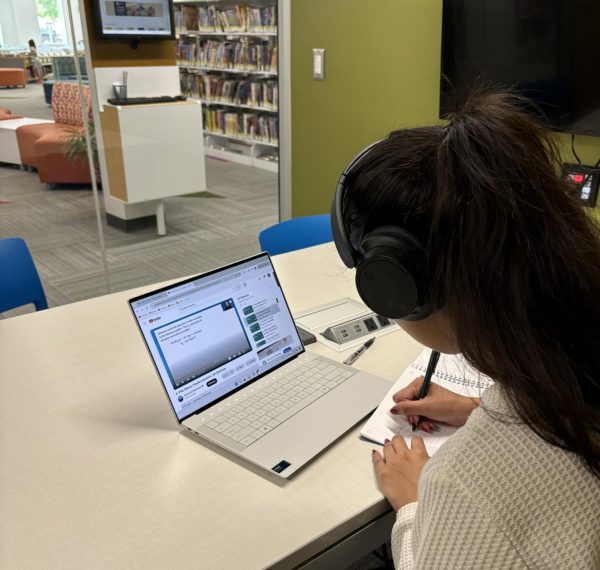
In her speech to the school board, Tappeta did not name AP Biology specifically, but referred to the science department as a whole. After she spoke Tappeta and the other student representative participated in a private conversation with Superintendent Julius Lawson, where AP Biology was named as a problematic class. Tappeta was told by Superintendent Lawson that a teaching coach would be put in place in order to help oversee lesson plans in AP Biology.
A year later, however, students report that nothing has changed. Superintendent Lawson did not respond to a request for comment.
An ongoing problem.
The state of AP Biology and AP Chemistry are consistent with a continuous academic decline faced by the science department in the past couple of years.
“Teachers have been renowned for not teaching well [in the science department], and it discourages kids from taking the classes altogether. It’s become a trend in our school that our English and history departments are good and our science department is bad because the teachers just have not been held accountable at all for what they’ve been doing for years,” Tappeta said.
Some graduates of Ames High enter college unprepared for their science classes.
“While AP Chemistry and Biology should have helped me enter my college science classes with a solid scientific background, in each of these classes, I have just felt that I have been forced to re-learn everything,” said Sophia Cordoba, a 2022 Ames High graduate and current Columbia undergraduate student.
Some former Ames High students are unwilling to take specific science classes all together.
“I honestly feel afraid to take chemistry classes in college just because I feel like Ames High School classes did not prepare me for that at all. I have been taking geology and environmental science classes instead to just totally avoid the entire field,” said Lily Lupardus, a 2023 Ames High graduate and current undergraduate student at the University of St. Thomas.
Tappeta is grateful that she was able to remain passionate about biology despite her experience with the class at Ames High.
“I know a lot of people just fully gave up on those classes because they didn’t have a good teacher,” Tappeta said.
Tappeta, who will study biomedical engineering at Boston University in the fall, is still frustrated by the quality of Advanced Placement science classes at the high school.
“What I wanted was for administrators to sit in the class, see what the teachers are doing, and tell them that this is wrong, and that they can’t do this,” Tappeta said. “I wanted the administrators to actually make that change.”






